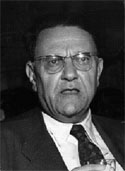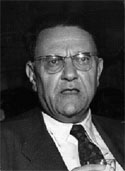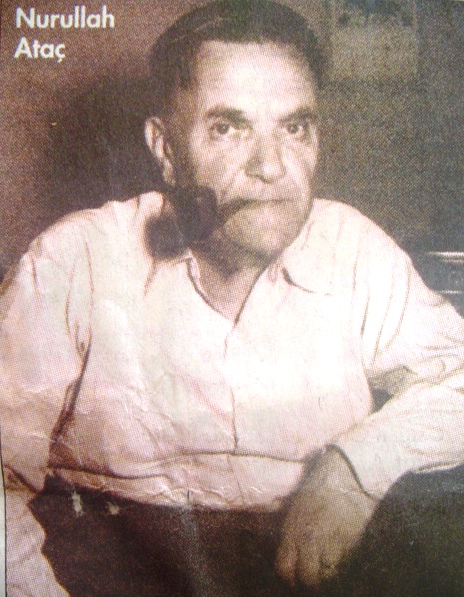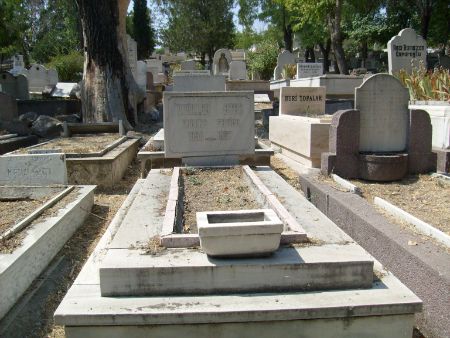His first article on Göl Saatleri (Lake Hours) by Ahmet Hasim, appeared in the newspaper Dergâh (1921). Translator of almost fifty books from Greek, Latin, French and Russian classical and contemporary writers, Ataç gained fame through the importance he gave to the attempts to rid the Turkish language of foreign words. During his literary career, he highlighted the importance of avoiding words of Arabian and Persian origin, which included the conjunction "ve" (and). Moreover, he always preferred using inverted sentences. His poems, essays and critiques were published in the newspapers Dergâh, Aksam, Milliyet, Vakit, Cumhuriyet and Ulus.
WORKS:
Günlerin Getirdigi (What the Days Have Brought, 1946), Karalama Defteri (Notebook for Rough Drafts, 1953), Sözden Söze (From Word to Word, 1952), Ararken (While Looking for, 1954), Diyelim (Let's Say, 1954), Söz Arasinda (By the Way, 1957), Okuruma Mektuplar (Letters to My Readers, 1958), Günce (Journal, 1960), Prospero ile Caliban (Prospero and Caliban, 1961, new edition with Okuruma Mektuplar-Letters to My Readers, 1999), Söylesiler (Interviews, 1964).
In addition, he translated some works of Balzac, Sophocles and Stendhal.
His first article on Göl Saatleri (Lake Hours) by Ahmet Hasim, appeared in the newspaper Dergâh (1921). Translator of almost fifty books from Greek, Latin, French and Russian classical and contemporary writers, Ataç gained fame through the importance he gave to the attempts to rid the Turkish language of foreign words. During his literary career, he highlighted the importance of avoiding words of Arabian and Persian origin, which included the conjunction "ve" (and). Moreover, he always preferred using inverted sentences. His poems, essays and critiques were published in the newspapers Dergâh, Aksam, Milliyet, Vakit, Cumhuriyet and Ulus.
WORKS:
Günlerin Getirdigi (What the Days Have Brought, 1946), Karalama Defteri (Notebook for Rough Drafts, 1953), Sözden Söze (From Word to Word, 1952), Ararken (While Looking for, 1954), Diyelim (Let's Say, 1954), Söz Arasinda (By the Way, 1957), Okuruma Mektuplar (Letters to My Readers, 1958), Günce (Journal, 1960), Prospero ile Caliban (Prospero and Caliban, 1961, new edition with Okuruma Mektuplar-Letters to My Readers, 1999), Söylesiler (Interviews, 1964).
In addition, he translated some works of Balzac, Sophocles and Stendhal.
Sponsored by Ancestry
Advertisement
Records on Ancestry
Sponsored by Ancestry
Advertisement




